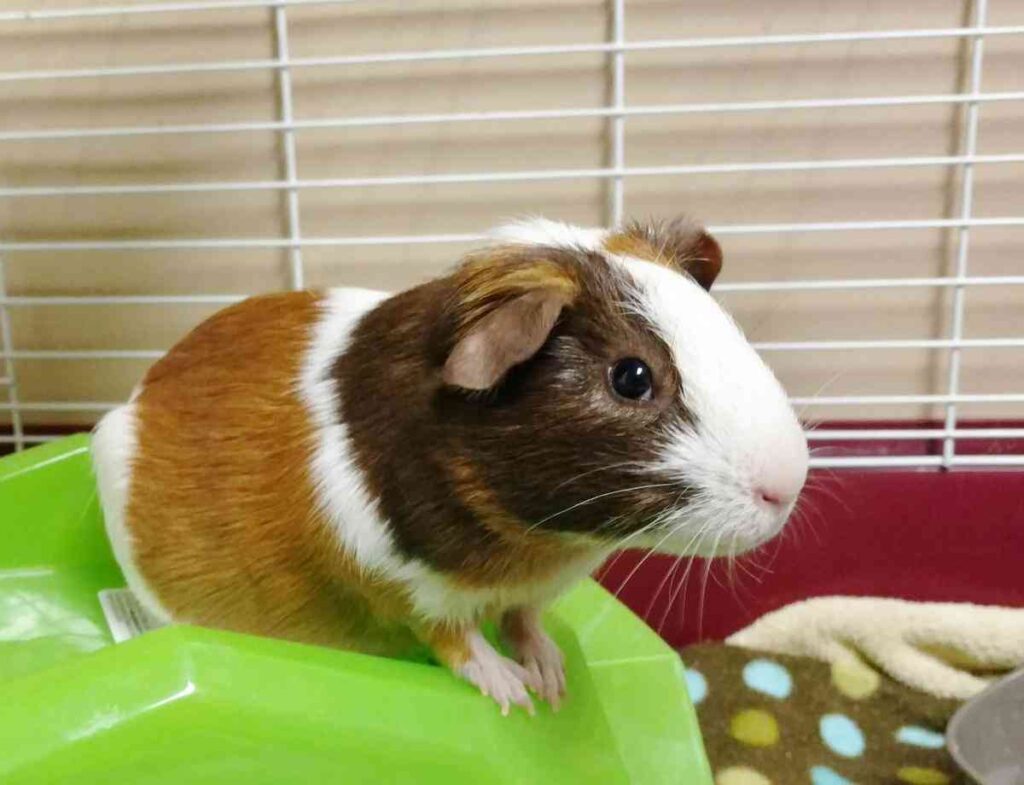Health & Care
Uncover the Ideal Hydration: How Much Water Your Guinea Pig Needs Daily!
Contents
Key Points
- Understanding the hydration needs of guinea pigs is crucial for their health.
- Factors influencing water intake include diet, activity level, and environmental conditions.
- Guinea pigs typically need about 100ml of water per kilogram of body weight daily.
- Water bottles and bowls are both viable options for providing water, with their pros and cons.
- Monitoring your guinea pig’s water intake can help detect health issues early.
> READ MORE:
The Importance of Proper Hydration in Guinea Pigs
As a pet owner, ensuring that your guinea pig remains healthy and happy is undoubtedly a top priority. One of the key aspects of their well-being is hydration. Guinea pigs, like humans, require a certain amount of water each day to maintain their bodily functions and prevent dehydration. It is essential to understand how much water guinea pigs should drink daily to keep them in their best shape.

Factors Determining a Guinea Pig’s Water Intake
Several factors will determine the exact amount of water a guinea pig needs. These factors include their diet, the temperature and humidity of their environment, and their activity level. For example, guinea pigs consuming more fresh vegetables may require less water than those on a dryer diet, simply because fresh food has higher water content. Equally, during warmer seasons or in heated rooms, your furry friend will need more water to stay hydrated. Moreover, an active guinea pig will drink more water to replenish the fluids lost during exercise.
How Much Water Should Guinea Pigs Drink Daily?
A commonly asked question by guinea pig owners revolves around the ideal daily water intake for their pets. Generally, guinea pigs should consume about 100ml of water per kilogram of their body weight each day. However, this is only a guideline, and the actual amount may vary. Close observation of your guinea pig’s drinking habits will help you provide enough water to meet its unique needs.
Optimal Ways to Provide Water to Guinea Pigs
Guinea pigs can drink water either from a bottle or a bowl. Each method has its advantages and disadvantages. Water bottles can help keep the water clean and prevent bedding from getting wet, whereas water bowls are more natural for guinea pigs but can be easily contaminated or tipped over. Regardless of the method chosen, it is crucial to ensure that your guinea pig has constant access to fresh water—replenishing and cleaning their water sources daily.

Indications of Adequate Hydration in Guinea Pigs
Observing your pet is key to ensuring they get enough water. Signs that your guinea pig may be properly hydrated include regular urination, moist gums, and elastic skin. If you notice that your guinea pig is drinking less than usual, it could be a health concern and warrants a visit to the vet. On the other hand, excessive drinking can be a sign of diabetes or kidney issues. So, keeping an eye on how much water your guinea pig is consuming can be an excellent early indicator of their overall health.
Conclusion: The Balance of Hydration
At the end of the day, water is a crucial component of your guinea pig’s diet. While the average amount of water a guinea pig should drink daily is a starting point, monitoring your pet’s hydration is an ongoing responsibility. Paying attention to their behavior and the conditions in which they live will help you provide the appropriate amount of water to support a healthy, hydrated guinea pig.
By taking the time to understand and cater to your guinea pig’s hydration needs, you ensure that they have the foundation for a thriving life. Remember that every guinea pig is unique and what works for one may not be ideal for another. So let’s raise a water bottle (or bowl) to the health and happiness of our furry companions – here’s to uncovering the ideal hydration for your guinea pig!

